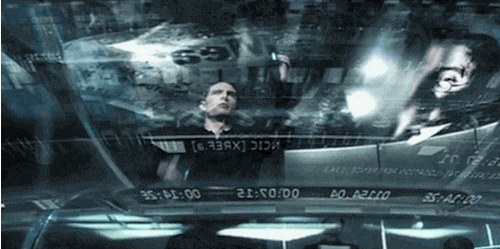The film "Minority Report," released in 2002, directed by Steven Spielberg, has had a significant impact on the development of technology. The movie is set in a future where law enforcement uses pre-crime technology to apprehend criminals before they commit any crime. This concept was not only fascinating but also thought-provoking for many viewers who could see its potential implications on society and privacy rights.
One significant impact of the film has been the increased interest in biometric identification systems, such as retinal scans and fingerprint recognition. These technologies have become more prevalent since the release of "Minority Report," with many companies now incorporating them into their security measures. The movie also sparked discussions about data privacy and surveillance, leading to stricter regulations on how personal information can be collected and used by governments and corporations alike.
Furthermore, the film's portrayal of advanced holographic technology has inspired real-world innovations in augmented reality (AR) and virtual reality (VR). Companies like Microsoft have developed AR headsets that allow users to interact with digital content overlaid on their physical environment. Similarly, VR technologies are being used for training simulations, gaming experiences, and even therapy sessions.
In conclusion, "Minority Report" has had a profound influence on the development of technology in various ways. It has sparked conversations about data privacy, inspired advancements in biometric identification systems, and contributed to the growth of AR/VR technologies. As we continue to push the boundaries of what is possible with technology, it's clear that films like "Minority Report" will remain influential sources of inspiration for years to come.
